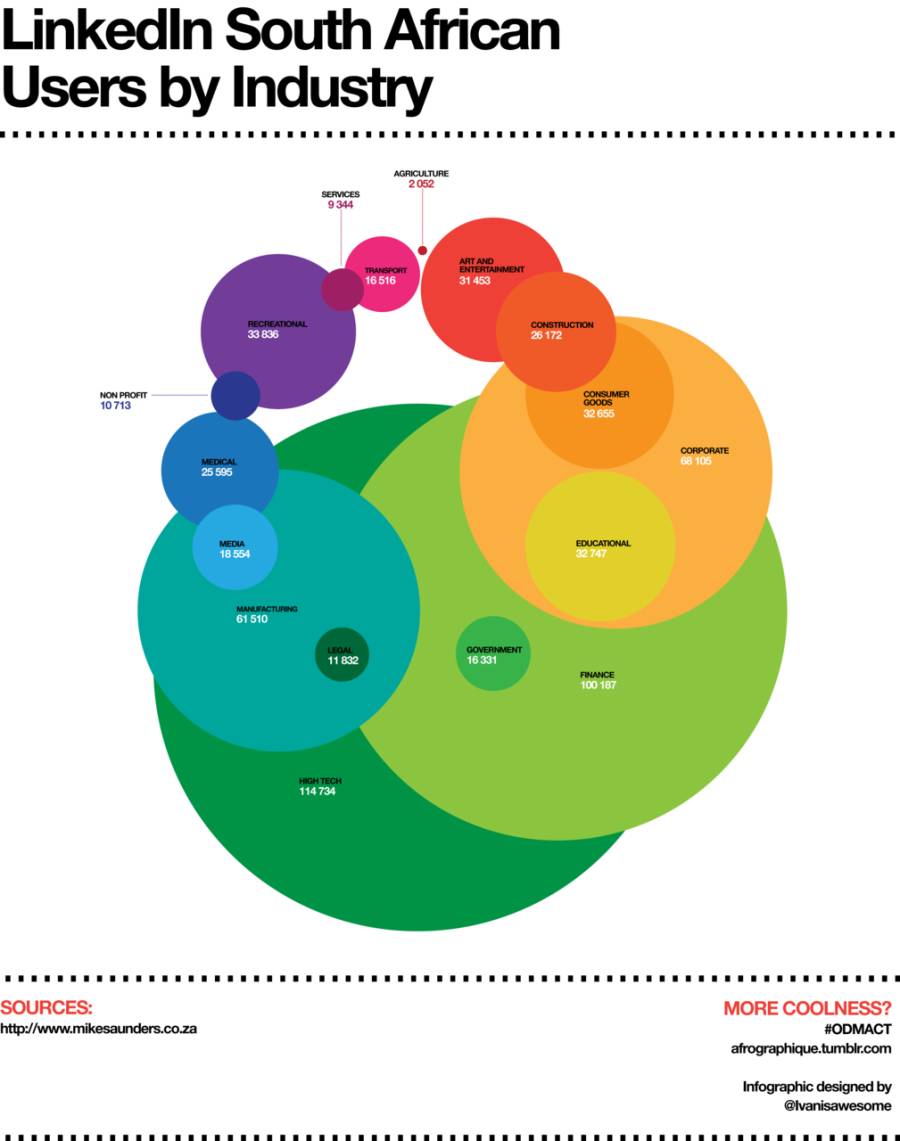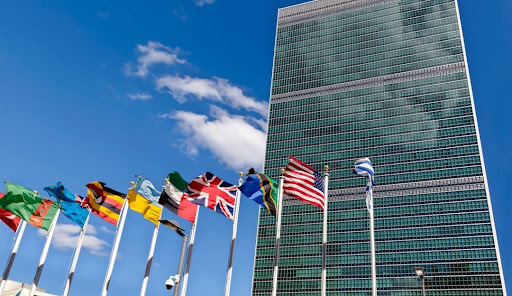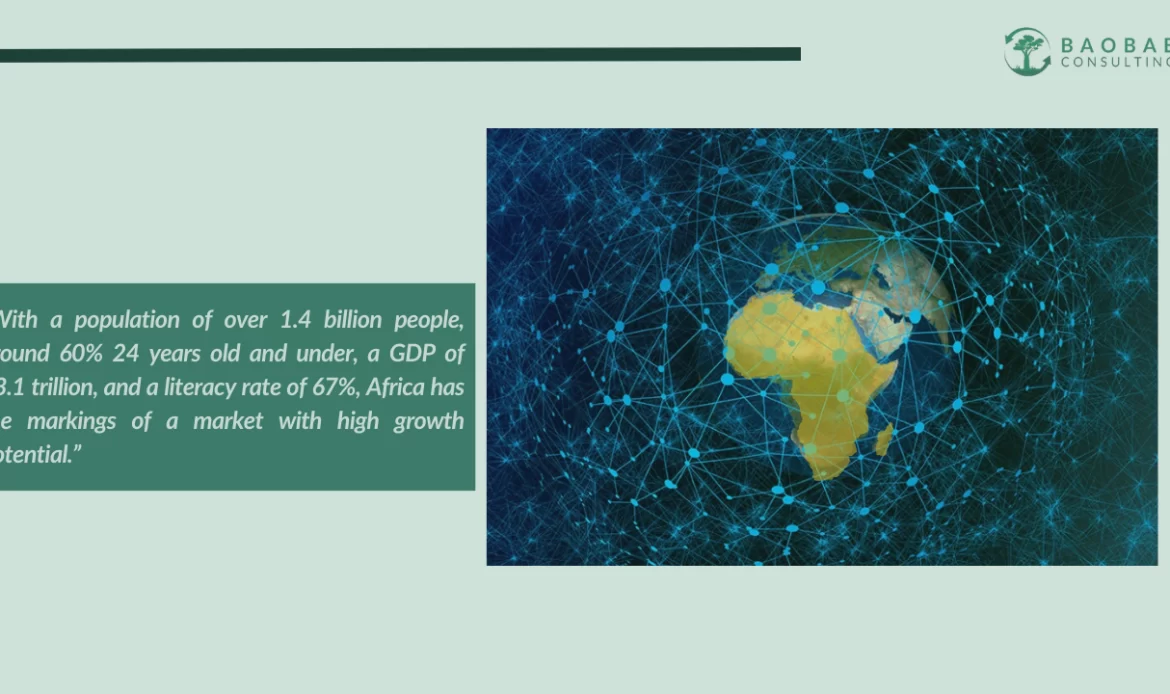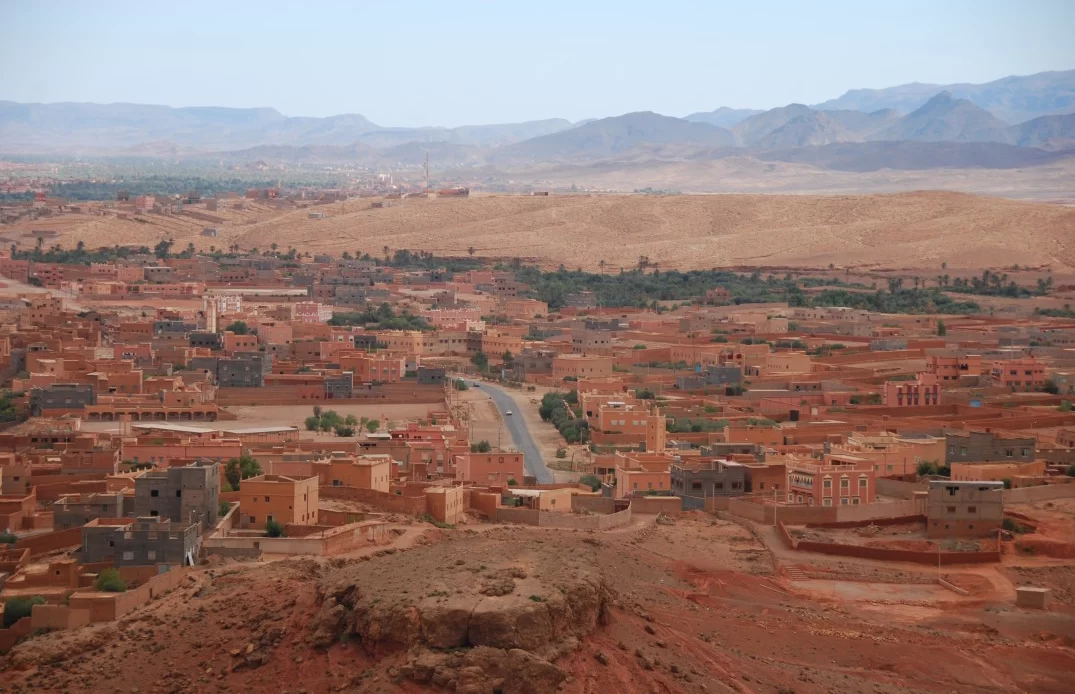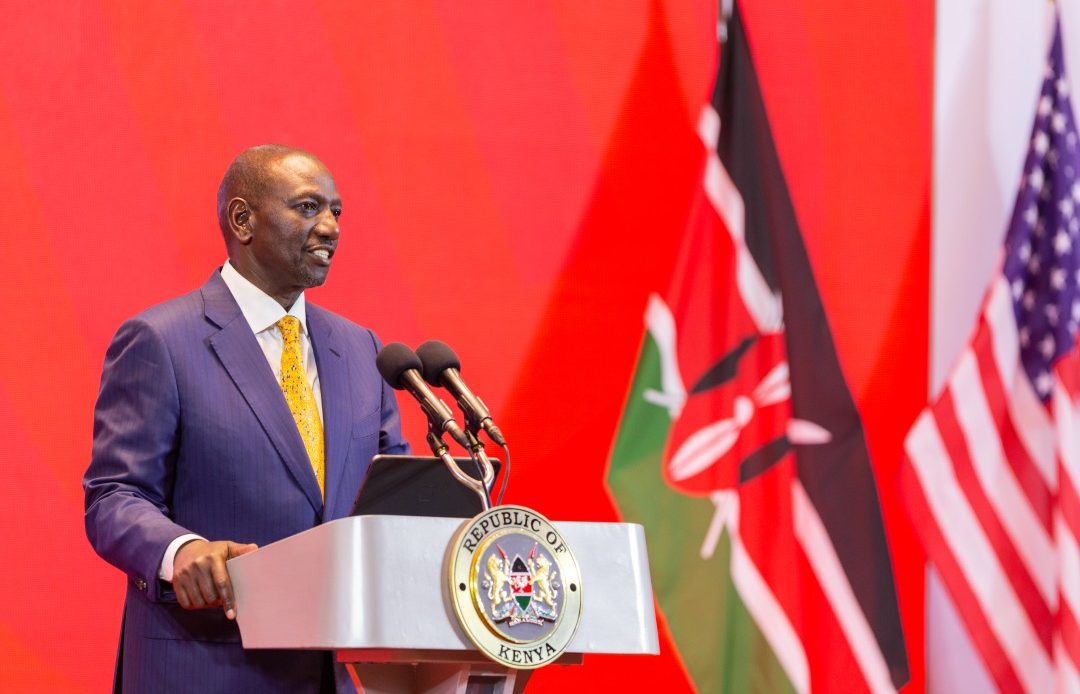Internet penetration is rapidly growing in Africa, particularly in countries such as Nigeria , Egypt, South Africa, Kenya, and Morocco. People recognize it as an entry way to the world, where anyone can publish something, whether it be a thought provoking article or a new cultural statement, and possibly have instant fame. In professional office settings in Africa, the internet has become necessary to getting tasks accomplished by teams that often span across the world. Even African job seekers are turning to the internet to look for employment, turning to job searching websites to find any available post that might fit their profile. However, many do not realize the internet can do so much more for professional development, learning, and networking.
LinkedIn is one of the most important ways for people to get ahead professionally.
LinkedIn’s vision is to create economic opportunity for every member of the global workforce. Despite the skyrocketing unemployment rate and higher levels of internet literacy, few Africans are using LinkedIn to fast track their career. While statistics on African users are limited, of all
For LinkedIn (or any other social network for that matter) to be properly exploited on the continent, there needs to be a critical mass of members. This means people need to understand its functionalities and the potential gains from using it before actually signing up. But getting them to sign up is only half the battle- once they have a profile, then what to do with it?
The most efficient way is to start by introducing it to students beginning in high school and teaching them the importance of a good CV and appropriate methods of networking, using LinkedIn as a tool. Students are already using Facebook, Twitter and other social networks, so their schools can guide them towards using it for professional development. If students are taught in school, they become active members of the network at the very beginning of their careers. LinkedIn is innovating to include this demographic by encouraging students from an early age to target mentors and ask for help from a wider network which might not exist in their local communities. One example is
An important case study to look at is South Africa. With the Internet puts the world at our fingertips, and LinkedIn makes the movers and shakers of the world within everyone’s reach. Of course, the problem of the digital divide still exists in Africa, and those who do not have easy access to internet will not be able to benefit from this service. While the logical first step is to promote internet access for all, it is imperative to keep moving forward and teach the crucial networking and professional development skills LinkedIn has to offer to those who are internet literate. I urge academic institutions across Africa to encourage students to develop a profile early on and guide them in this, because for a social network to matter there needs to be numerous high quality members active on it. It takes a village to educate a child, and LinkedIn serves as an educational resource which can help all young professionals to have access to more diverse economic opportunities.

